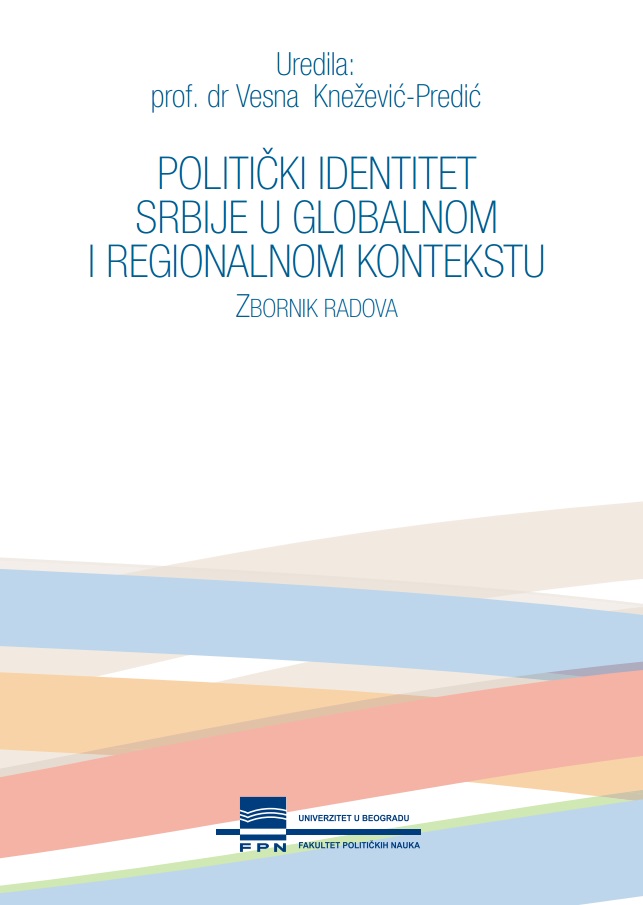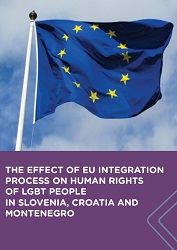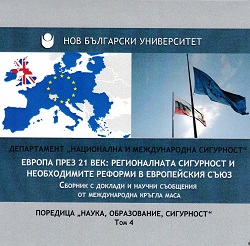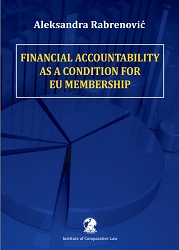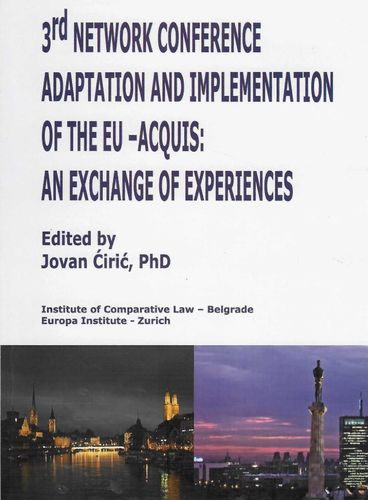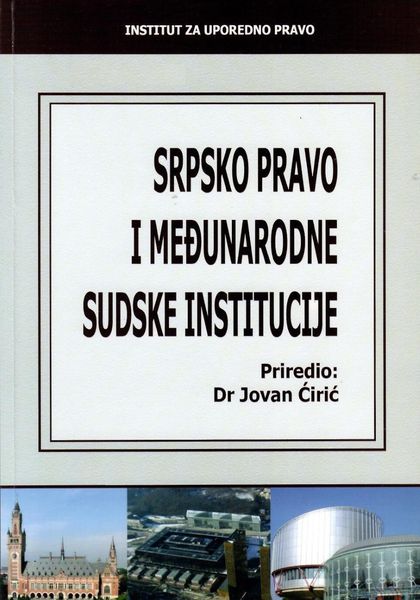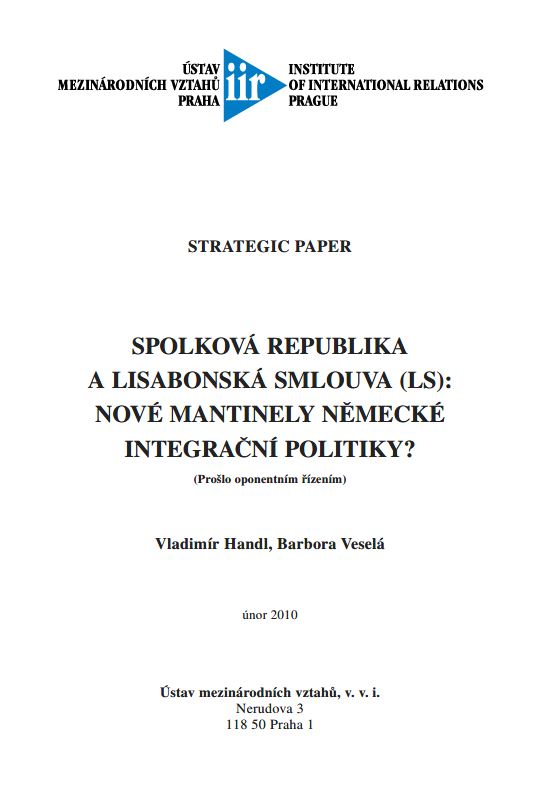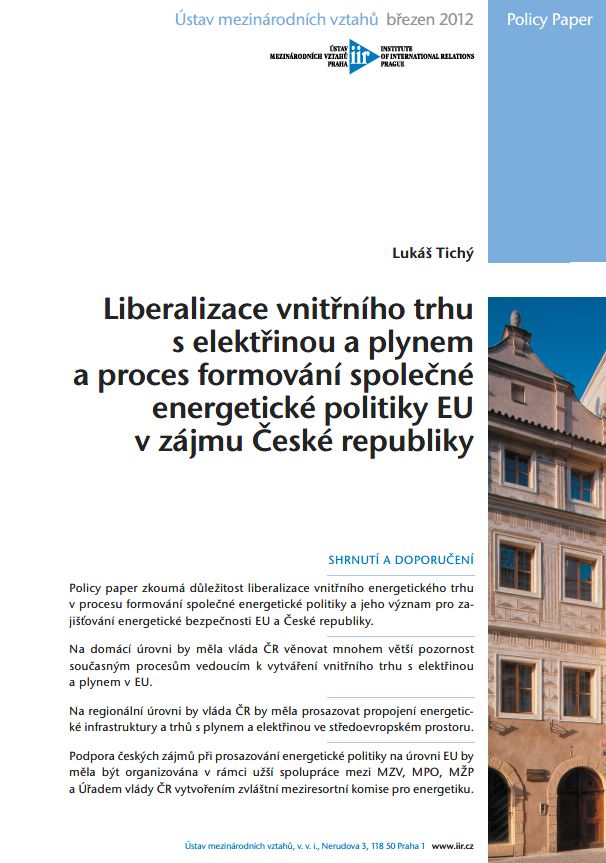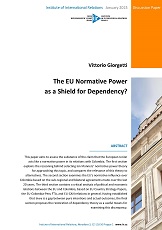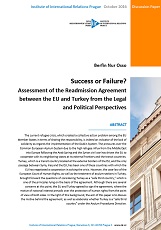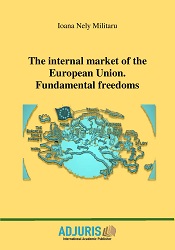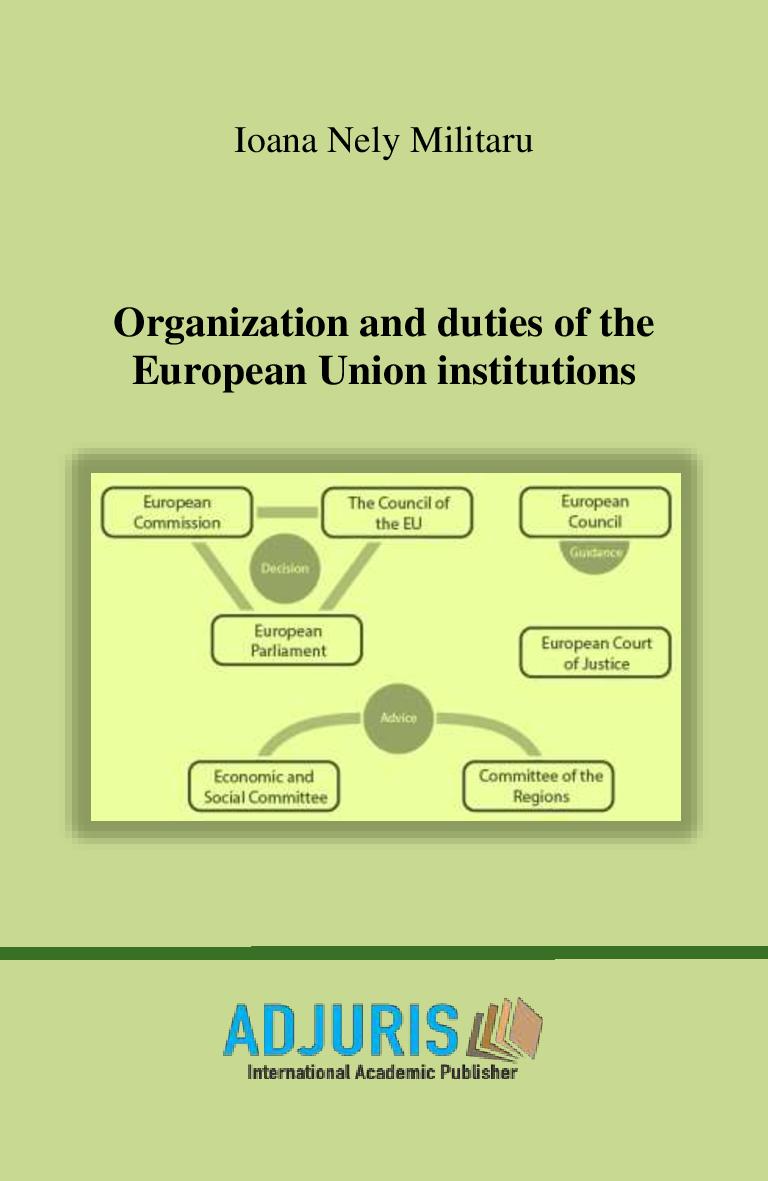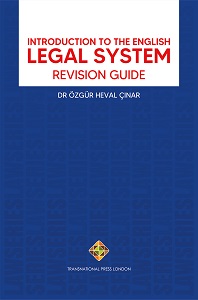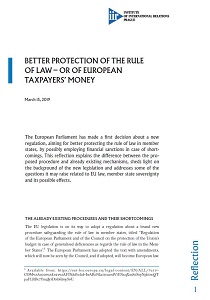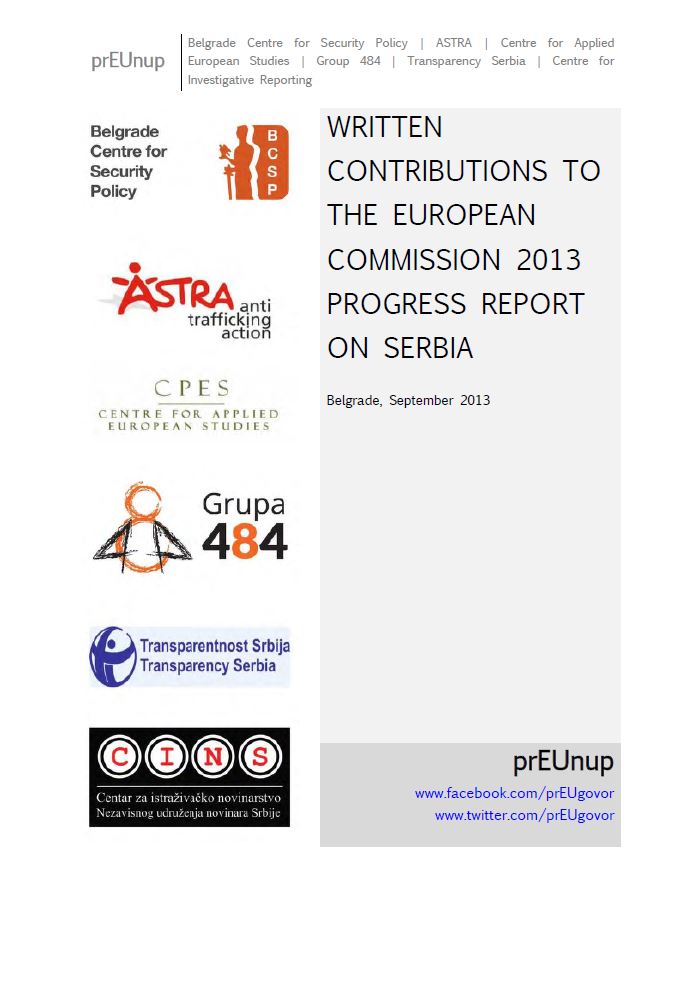Author(s): Vesna Žunić Pavlović / Language(s): English
Publication Year: 0
In discussing the treatment of offenders one is constantly reminded of the existence of a crisis necessitating the introduction of changes into the established practice. This is quite understandable in view of the fact that the policy of treating offenders is a complex matter calling for continuous review, dynamism and responsiveness. However, unlike in other fields (e.g. medicine), where research has been of fundamental importance for the advancement of practice, most innovations in the treatment of offenders have been brought about by the multitude of extraneous factors such as political views, available resources, habits or common attitudes. Nonetheless, the last decade has brought certain undeniable changes: nowadays the need to improve the criminal law system as a precondition of building a better and safer society is being discussed far more openly than ever before. As a result of increasingly open debates, interest among scientists, specialists and members of the general public in the subject is growing. However, mere concern about the current state of affairs cannot solve the problem, i.e. bring about an effective treatment policy, unless one is also fully aware of the hitherto successes and failures and of the purpose and direction of the ongoing changes. The conclusion we are likely to reach sooner or later is that we may expect to see real progress only after we have gathered reliable information and taken stock of our strengths and weaknesses in order to develop a capacity for designing and implementing a more effective policy. Bearing this in mind, we can now proceed to evaluate the research project before us. Evaluation helps us to understand the mode of application and the effects of a strategy as well as to increase our chances of success through revision. Evaluation is a test of the soundness of our approach because it enables us to find out whether reality bears out our suppositions and desires. Unfortunately, many are unprepared to confront such a test; they prefer the lull of unverified suppositions and beliefs and thus deny the significance of evaluation as an open threat to the status quo. Given the present state of affairs, it comes as no surprise that the project was initiated by the non-governmental sector or, to be precise, by the Helsinki Committee for Human Rights in Serbia. In accordance with its principal mission, the organization is primarily interested in the legal aspects of the enforcement of institutional criminal sanctions (imprisonment of adults and juveniles, security measures associated with compulsory psychiatric treatment and custody in health institutions, committal to a reformatory, detention), especially whether current practice is in keeping with the relevant provisions of domestic law and international legal acts. My assignment was to render professional technical assistance in translating a prison monitoring idea into a research project. The resulting undertaking entitled Prison Monitoring having been completed, my present task as its author and professional adviser throughout, is to introduce the reader to our method of work. We first set out to determine exactly what we wanted to find out, then to choose the best way of accomplishing that. We proceeded to analyze at great length relevant domestic and international rules and regulations, identifying the following six principal spheres of interest to which their provisions pertained: the quality of life; security; the lawfulness of treatment; social resettlement; contacts with the outside world; and the institution personnel.
More...
